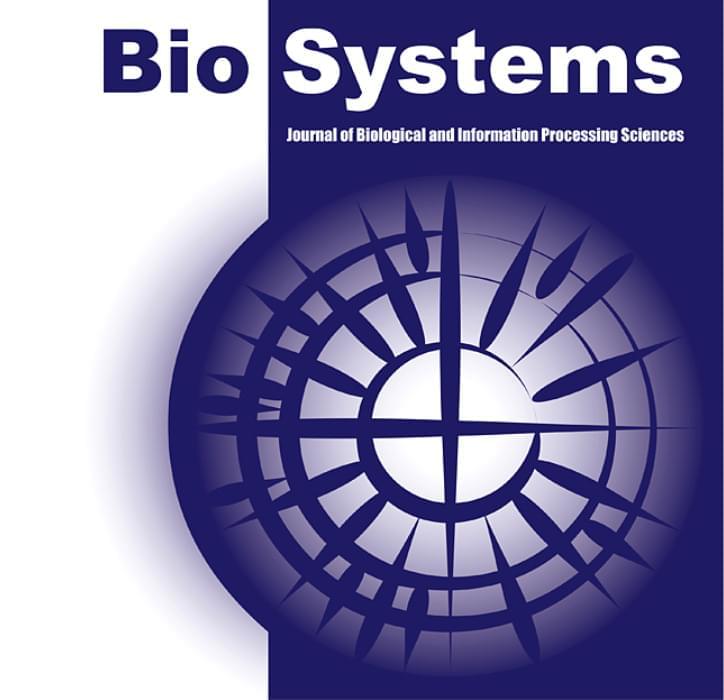Abstract.
If all aspects of the mind-brain relationship were adequately explained by classical physics, then there would be no need to propose alternatives. But faced with possibly unresolvable puzzles like qualia and free will, other approaches are required. In alignment with a suggestion by Heisenberg in 1958, we propose a model whereby the world consists of two elements: Ontologically real Possibles that do not obey Aristotle’s law of the excluded middle, and ontologically real Actuals that do. Based on this view, which bears resemblance to von Neumann’s 1955 proposal (von Neumann, 1955), and more recently by Stapp and others (Stapp, 2007; Rosenblum and Kuttner, 2006), measurement that is registered by an observer’s mind converts Possibles into Actuals. This quantum-oriented approach raises the intriguing prospect that some aspects of mind may be quantum, and that mind may play an active role in the physical world. A body of empirical evidence supports these possibilities, strengthening our proposal that the mind-brain relationship may be partially quantum.
